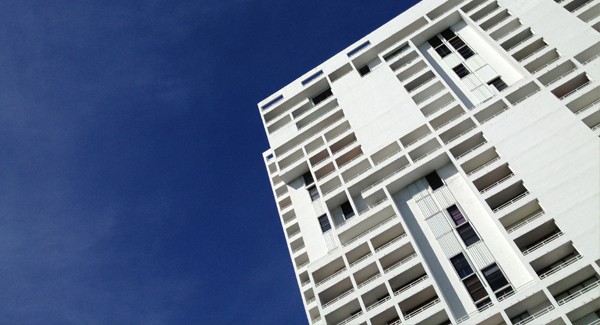As we enter into this holiday season, many questions arise as to what role religion may have in an association. Is it appropriate for an association to decorate a Christmas tree? Can the association display a nativity scene? Should an association display a menorah? Is there ever a role for religion in your condominium or homeowners association’s business?
Generally, courts have found that it is proper for a government entity to acknowledge religious holidays so long as they do not create an impression of endorsement by that entity. This can be done through the display of religious scenes, such as a nativity scene, along with nonreligious, or secular, symbols such as reindeer or candy canes.
Even though an association is not a governmental entity, an association can follow the same approach and display religious symbols so long as non-religious symbols are also displayed. If an association decides to display symbols which can be associated with one religion, the association should be sensitive to its members and, be aware that if a member requests that symbols associated with other religions be displayed, the association should grant the request and also display those other symbols.
If an association refuses to display other religious symbols at an owner’s request or, if an association enforces its rules and regulations in a manner which can be discriminatory against any particular religion, it can be held liable under the Federal Fair Housing Act (FHA), 42 U.S.C. § 3601, for religious discrimination. The FHA makes it unlawful to discriminate against any person in the terms, conditions or privileges of sale or rental of a dwelling because of religion. 42 U.S.C. § 3604(b).
One Chicago association found itself to be the subject of several discrimination complaints filed by its residents with the Chicago Commission on Human Relations, Illinois Attorney General, and U.S. Department of Housing and Urban Development, alleging housing discrimination on the basis of religion due to the enforcement of a rule which banned “mats, boots, shoes, carts or objects of any sort … outside unit entrance doors.” Relying on that association rule, the association removed a mezuzah from one of the owner’s doorways. A mezuzah is a piece of parchment, often contained in a decorative case, inscribed with specific Hebrew verses from the Torah and is affixed to the doorframe in Jewish homes.
The U.S. Court of Appeals for the 7th Circuit ultimately ruled that the association’s rule could be found to be in violation of the FHA and the case continued to proceed through the court system. Meanwhile, during the dispute, both the Chicago Municipal Code and the Illinois Condominium Property Act were amended in order to prohibit condominium and rental properties from barring residents from affixing religiously mandated objects to the front area of a unit. (Chicago Municipal Code 5-8-030; Illinois Condominium Property Act, 765 ILCS 605/18.4(h).
Therefore, while an association may be able to display religious holiday symbols, so long as non-religious symbols are also displayed, we would encourage associations to be sensitive to any religion of its residents and to enforce rules and regulations in a nondiscriminatory manner to avoid FHA violations.
Originally published in the KSN Law Newsletter (Q4 2012).
Since 1983, KSN has been a legal resource for condominium, homeowner, and townhome associations. Additionally, we represent clients in real estate transactions, collections, landlord/tenant issues, and property tax appeals. We represent thousands of clients and community associations throughout the US with offices in several states including Florida, Illinois, Indiana, and Wisconsin.
If our law firm can be of assistance, please call 855-537-0500 or visit www.ksnlaw.com.
This article is made available by the lawyer or law firm publisher for educational purposes only as well as to give you general information and a general understanding of the law, not to provide specific legal advice. By reading this article you understand that there is no attorney client relationship between you and the article author. This article should not be used as a substitute for competent legal advice from a licensed professional attorney in your state. © 2023 Kovitz Shifrin Nesbit, A Professional Corporation.

